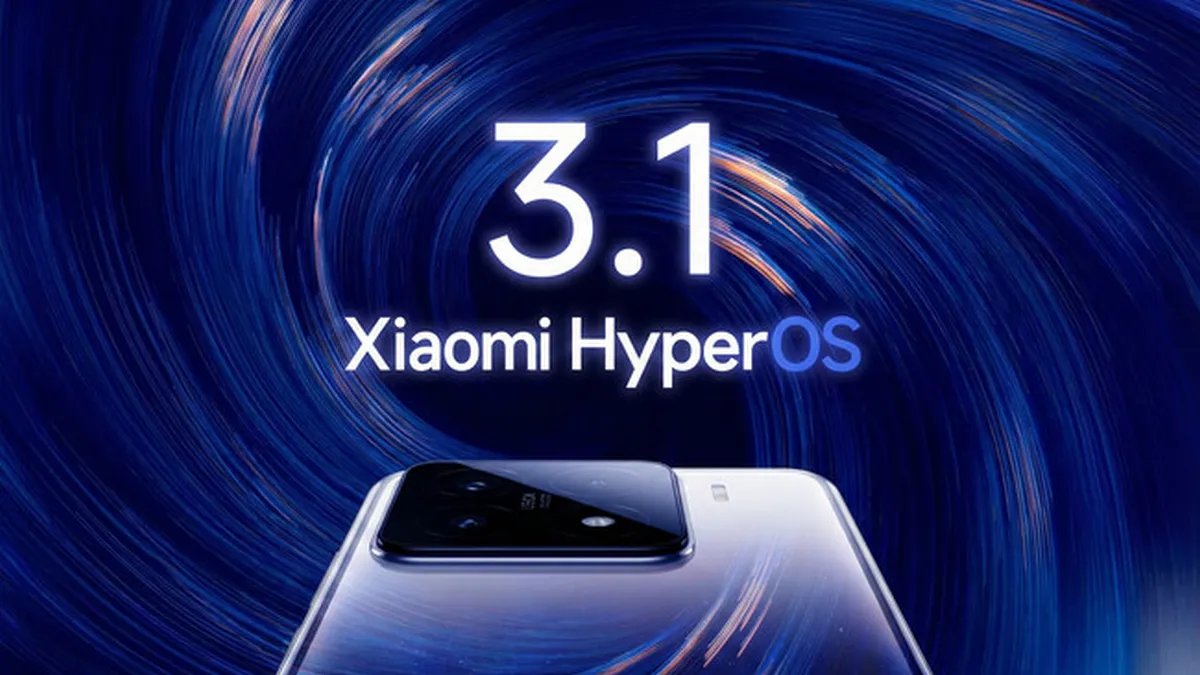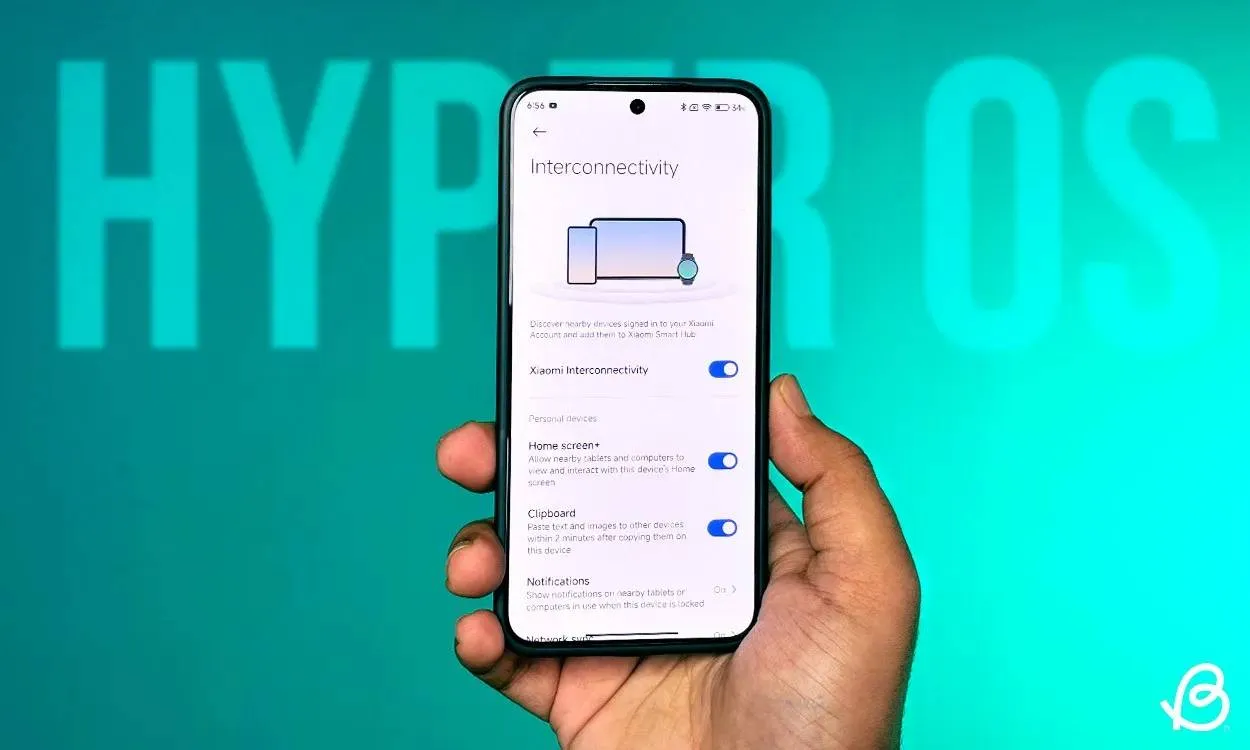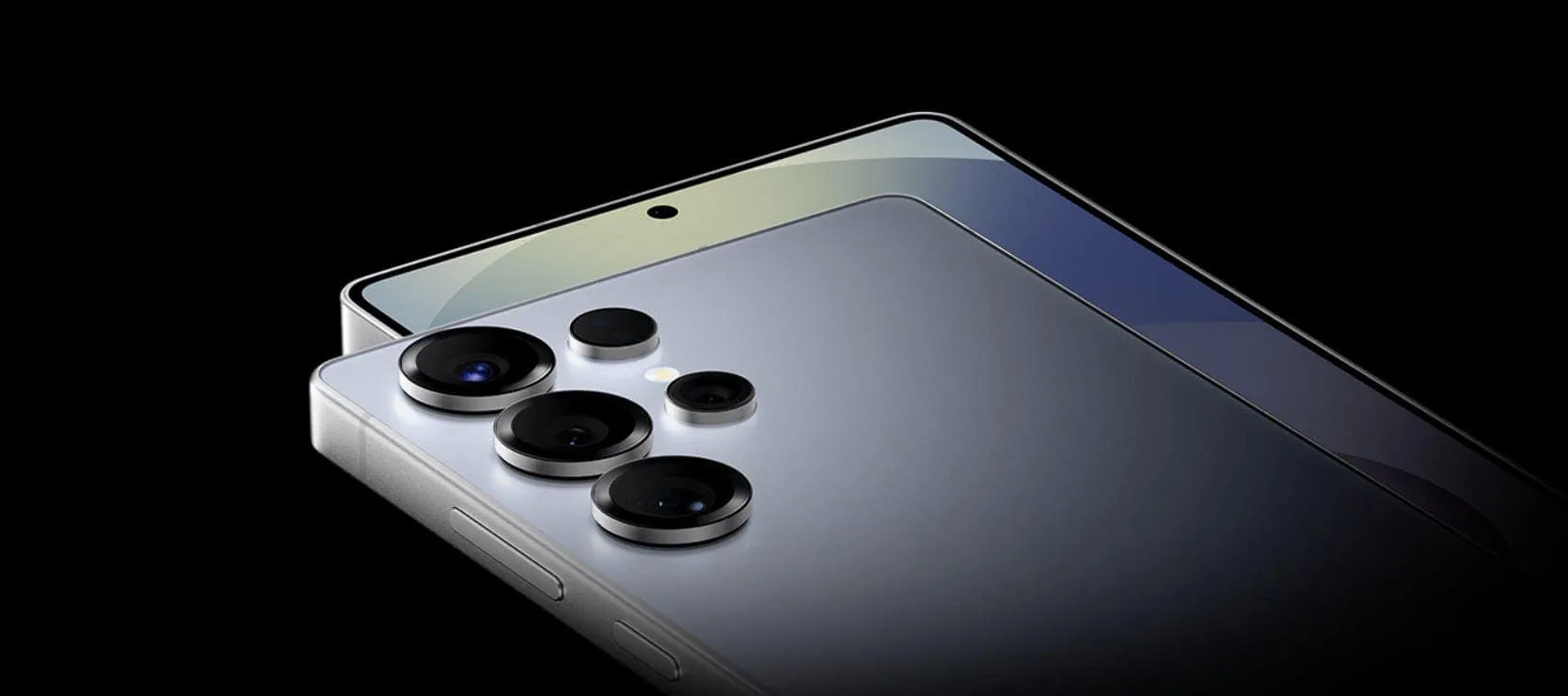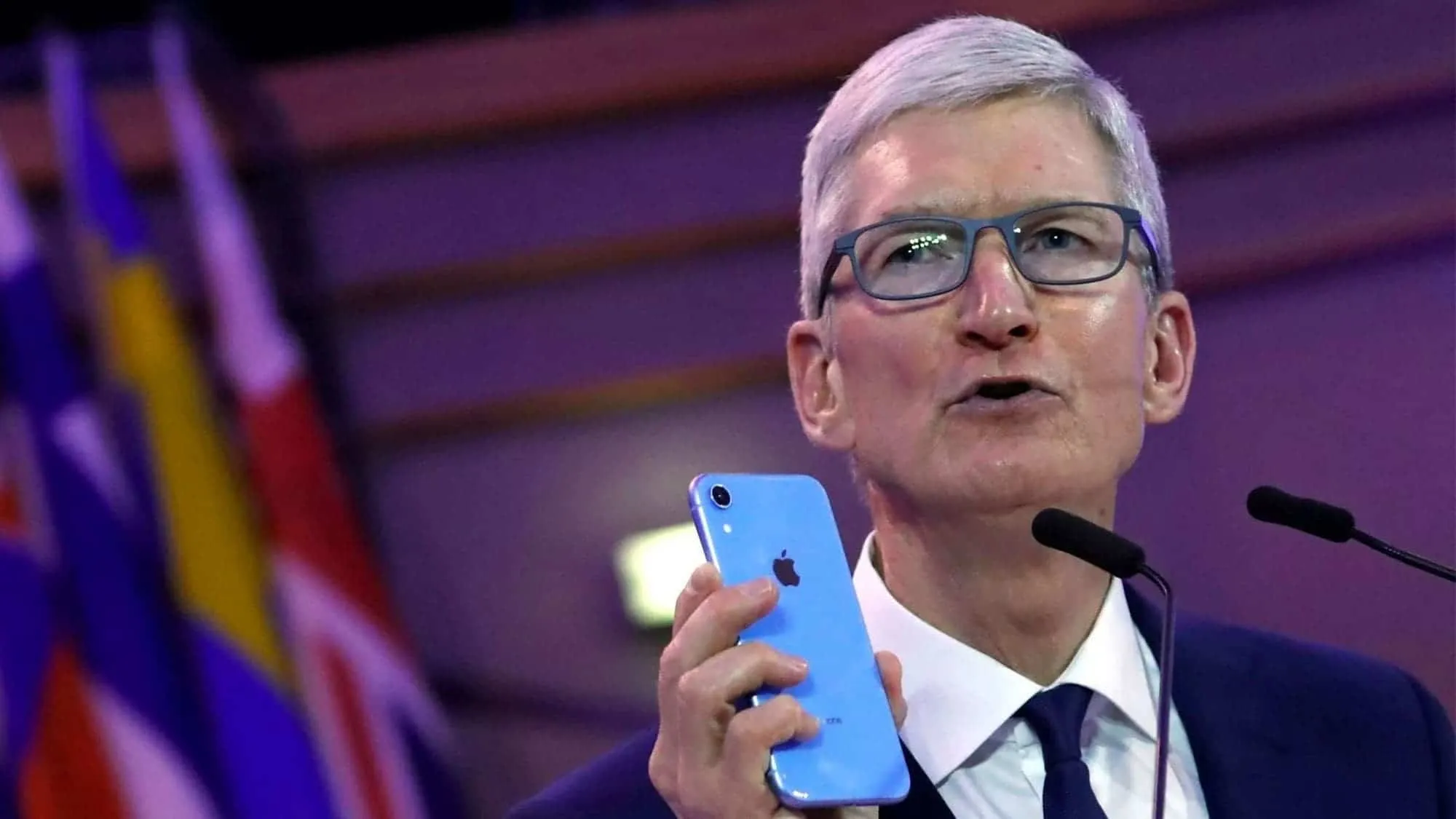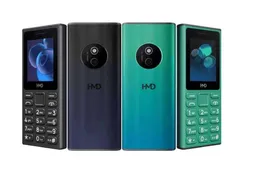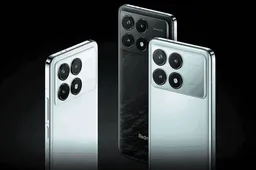Honor eye tracking technology aims to revolutionize smartphone interaction. The company has become the first smartphone brand to introduce intent-based eye tracking technology. This groundbreaking feature, powered by AI, allows users to effortlessly control their phones using only their eyes.
The company has listened to the needs of people with disabilities. International ALS foundations have long advocated for technology that improves the lives of those with limited mobility. By introducing Honor eye tracking technology, the company is making significant strides in accessibility.
This innovative feature will be available globally from August 27th, 2024, through the MagicOS 8.0 operating system. Honor's commitment to human-centric innovation is evident in this development.
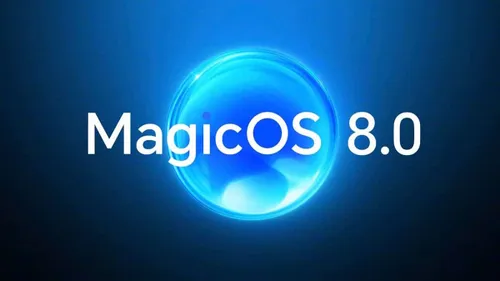
Honor Eye-tracking Technology Makes a Big Leap in Smartphone Accessibility
ALS is a bad disease. It makes muscles weak and stop working. People with ALS often lose the ability to move. But their eyes can still work, and Honor wants to make smartphones more accessible with its eye-tracking technology.
Limore Noach, executive director of ALS Foundation Netherlands, has shared a little more info about ALS. She says, "Eyes are often the last thing to go." People with ALS want to do things, even when they're sick. Honor’s new eye-tracking tech can help. It gives them a way to use their phones again.
The company is working on even cooler tech. Honor is making a special computer that you can control with your brain. This is great news for people who can't move, like those with ALS. A man named Wei Zhang has tried it. He's had ALS for a long time. This new tech lets him use a computer just by thinking.
With these efforts, Honor wants to make tech that helps everyone. They're trying to find new ways for computers and phones to work together. This will make life easier for people with disabilities.
Another thing that's worth mentioning is that Honor wants people to be aware of ALS. The company has started a #HONORtheChallenger social media challenge. You can participate in it through X, Instagram, TikTok, and Facebook.
Loading
